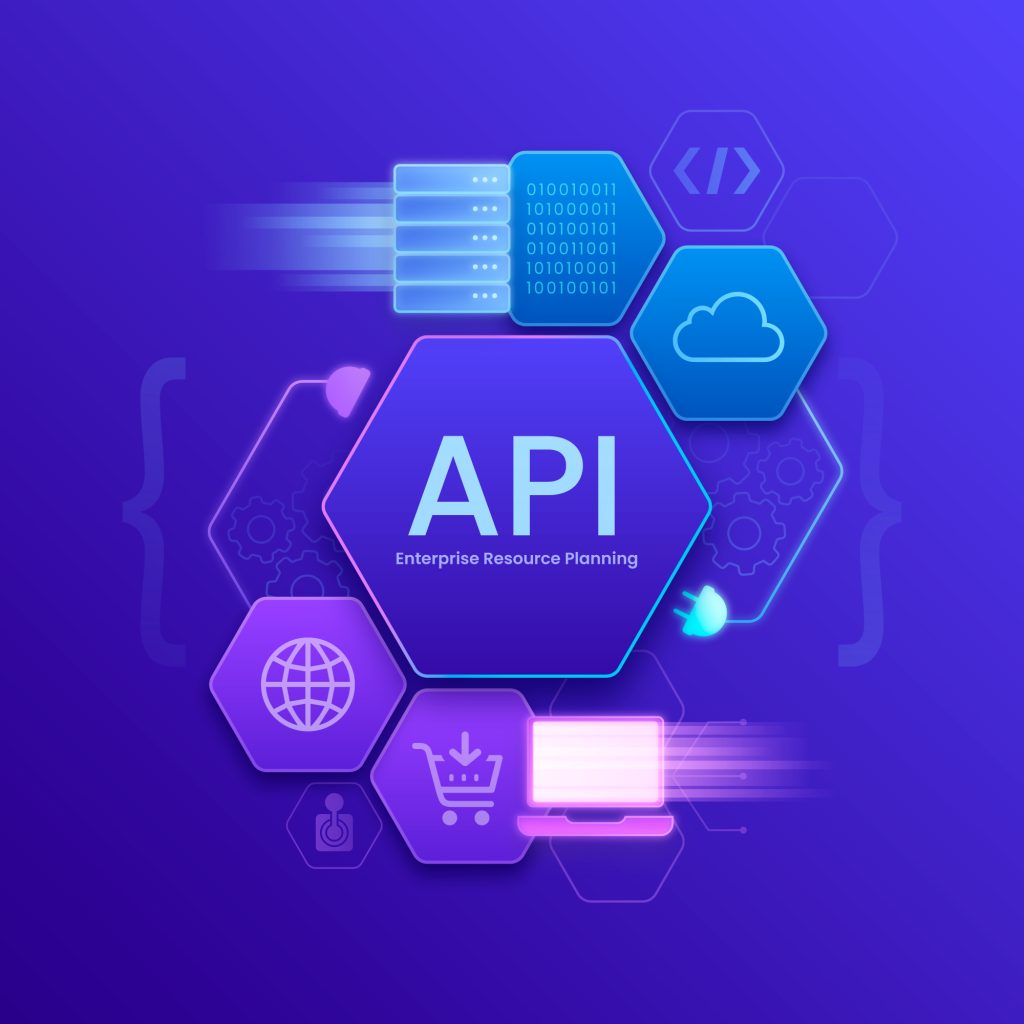The global fintech sector is growing exponentially, with new opportunities and challenges created daily. Financial APIs offer your organisation the tools to maximise your opportunities in this fast-moving sector.
Here’s our guide to unlocking the power of financial APIs and understanding how to integrate these tools seamlessly into your business.
Understanding financial APIs: What are they and why do they matter?
Financial APIs (Application Programming Interfaces) are the essential tools that enable different software platforms worldwide to connect and exchange financial data and services swiftly and securely.
Without them, it would be impossible to transfer funds, monitor multiple accounts across borders and quickly access the time-sensitive market data that underpins the fintech sector.
Trading platforms, international banking, currency and stock exchanges, and popular apps like PayPal and Stripe would not function without banking and payment APIs.
So, it’s crucial that our chosen financial data APIs work efficiently and that we understand their importance in our highly interconnected world.
The benefits of financial data integration
API integration in finance offers organisations like yours multiple benefits, including enhanced oversight and compliance, swifter decision-making processes, and improved strategic positioning.
Consolidating and automating inputs from multiple sources saves time and resources while reducing the opportunity for errors.
Unifying trading platforms and databases in this way encourages efficiency and improves competitive advantage with the security of data-driven decisions.
Financial data APIs also allow access to the real-time insights that are crucial in reacting to rapid changes in market conditions.
Choosing the right financial APIs for your business
Selecting appropriate financial APIs for your organisation is critical to a successful integration, but the process must be managed effectively.
Identifying your organisation’s needs is vital:
- Where are the opportunities for improvement?
- Is it payment processing, data analysis, investment management or credit scoring?
- Will your organisation need scalability and flexibility as it grows?
- What level of compliance and transparency in documentation will be required?
- How reliable and secure are your potential vendors?
- And how long will the implementation process take?
Knowing the answers to these questions will ensure a seamless internal transition, generating significant opportunities for operational improvements and an enhanced customer experience.
Implementing financial APIs: Best practices for seamless integration
Once you have decided to implement API integration in finance, you must plan carefully and execute a seamless and secure strategy.
Financial, banking and payment APIs are subject to strict compliance regulations, focusing on data protection, Know-Your-Customer and Anti-Money Laundering legislation.
That means selecting reputable and secure API service providers with established track records is very important.
Adding authentication and encryption mechanisms will offer greater security and help ease an orderly integration process, as will a thorough testing period.
Overcoming challenges and maximising the power of financial APIs
Organisational change is always challenging, but implementing fintech and banking APIs will open the door to vital resources and boost product innovation.
Your regulatory compliance, data protection and internal security protocols must be robust, documented and aligned with current legislation.
Rapid response to changing market conditions is critical in the fintech sector, and financial APIs will help you to maximise your competitive advantage.
API integration in finance enables fast-moving strategic decision-making with unfettered access to valuable real-time data.
Ensuring the security and compliance of your financial data integration
Financial data integration demands a clear understanding and firm adherence to information security and regulatory compliance.
Sensitive financial information must be protected with high-level data encryption, secure data transfer protocols and strict access controls to prevent unauthorised access.
Multi-factor authentication methods should be utilised to verify user identities and monitor transaction history with detailed audit trails.
Compliance with data protection and information security regulations like GDPR is vital to protecting security and building trust in your financial data integration structures.
The future of financial APIs: Emerging trends and opportunities
Future opportunities in financial data integration appear endless, with untapped potential across various sectors.
Evolving technologies offer enhancements in banking, payment and fintech APIs, including open banking, which has driven innovation in customer data transfer via APIs.
Connected to that, banking APIs offer increased security with advanced encryption and multi-factor authentication, particularly useful for cryptocurrency transactions.
Real-time transactions and increased accessibility via payment APIs are now commonplace.
That means unlimited opportunities for personal finance management, including budgeting, spending, savings, and investment management.
Conclusion: Harnessing the power of financial APIs for seamless data integration
Change is inevitable. In this fast-paced world, maximising any competitive advantage your organisation can harness is vital, and financial APIs are a gateway to that position.
Accessing market-sensitive real-time data without restrictions is crucial, and practical financial data integration can only be achieved if these protocols are seamlessly implemented in your business.
Financial APIs enable the free flow of data and services between your organisation and the markets and customers you seek to access.
The only limit to the potential of financial APIs is imagination. Make the most of yours.
